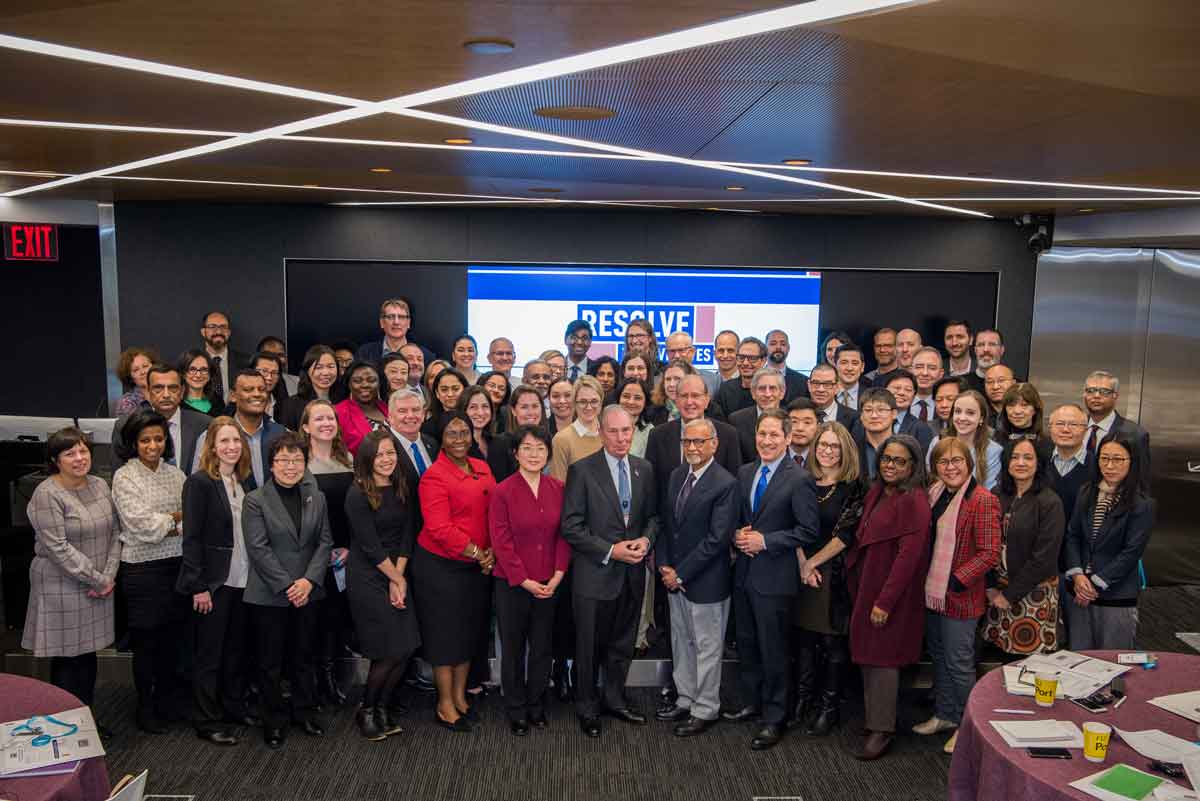Resolve to Save Lives welcomed our cardiovascular health partners and representatives from 9 of the countries in which we work to NYC. We shared learnings from our first year and focused on strengthening our ability to effectively support rapid country progress.
Cardiovascular Health Partner Meeting
